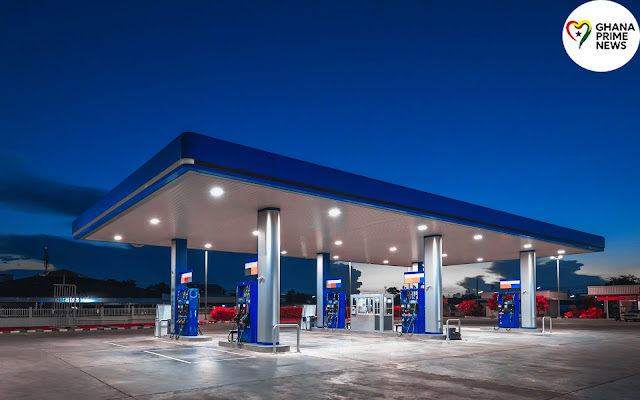The Energy Sector Levies (Amendment) Act 2025, better known as the Dumsor Levy, was implemented in response to Ghana's mounting energy sector debt, which exceeded US$3.1 billion by March 2025. The Energy Ministry clarified that the levy aims to generate revenue not only to address this debt but also to secure funds for procuring liquid fuels essential for thermal power plants. This initiative seeks to stabilize electricity supply and mitigate the frequent power outages that have long plagued the nation, causing significant disruptions for households and businesses alike.
You May Also Like
Ace-liam crowned global child prodigy in art at british parliament ceremony
Ghana faces risk u.S. Visa sanctions due to elevated student overstay rates, warns ablakwa
National theatre partners with image bureau to launch innovative play this august
Ghana successfully evacuates first batch of citizens from iran to turkey
Despite this, the levy has faced fierce opposition from various stakeholders, including the Minority in Parliament and numerous transport unions. Initially scheduled for implementation on June 9, the Ghana Revenue Authority (GRA) found itself under pressure from public outcry and subsequently opted to suspend the levy. Citing global fluctuations in crude oil prices, the GRA announced that the implementation would be postponed indefinitely.
The results from the Global InfoAnalytics survey prompt a reevaluation of public opinion regarding the levy. If these findings are indicative of a broader willingness among Ghanaians to accept higher fuel prices, it reveals a strong desire for a reliable and consistent energy supply—an issue that has been a significant burden on the economy and the welfare of citizens.
Adding to the financial strain, the survey’s release coincides with an announcement from the Public Utilities Regulatory Commission (PURC) regarding a 2.45% increase in electricity tariffs, set to take effect on July 1, 2025. As the nation grapples with these challenges, it remains to be seen how public sentiment will evolve and what measures will ultimately be taken by policymakers to address the enduring issue of energy supply in Ghana.




Post a Comment